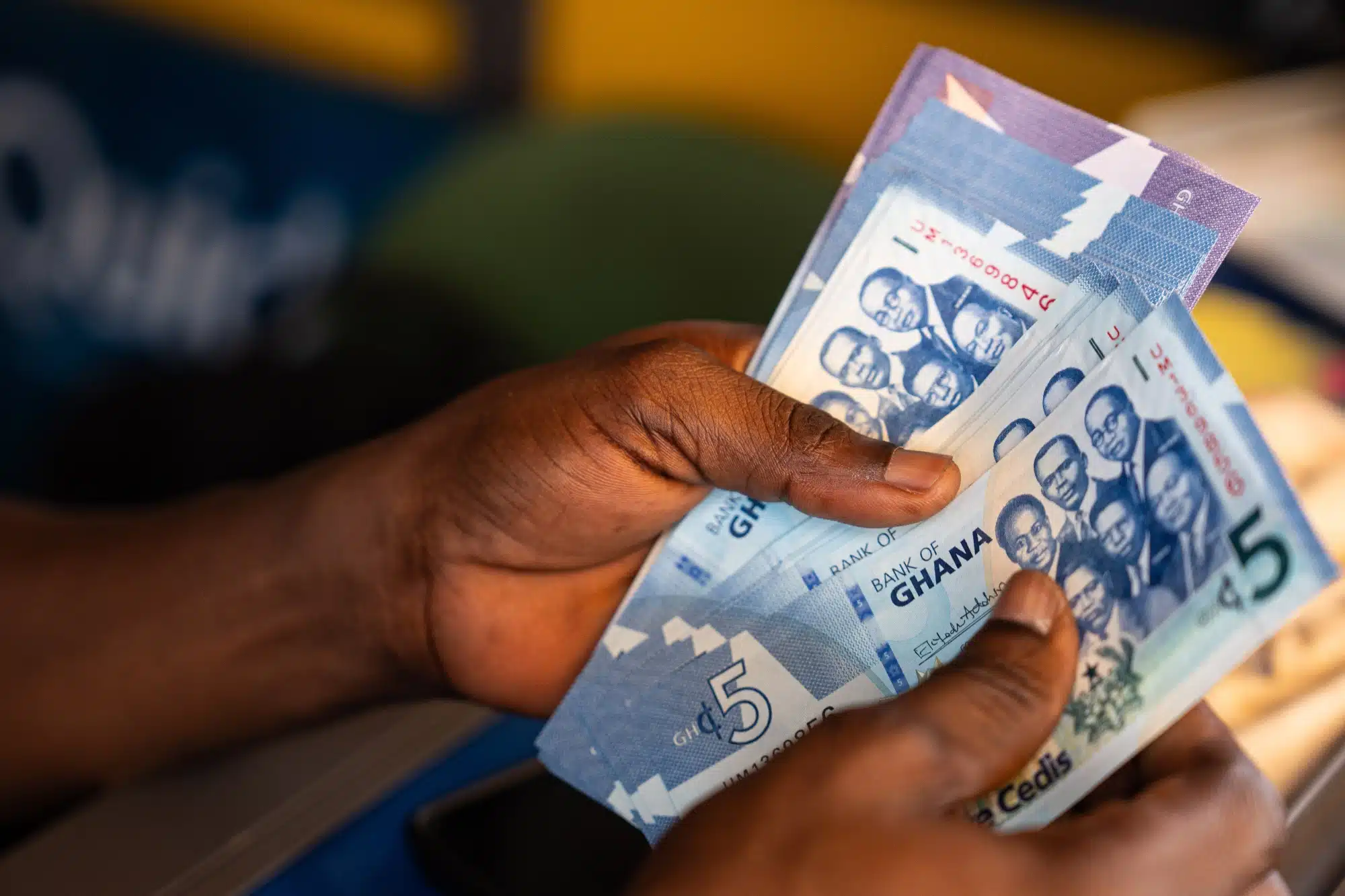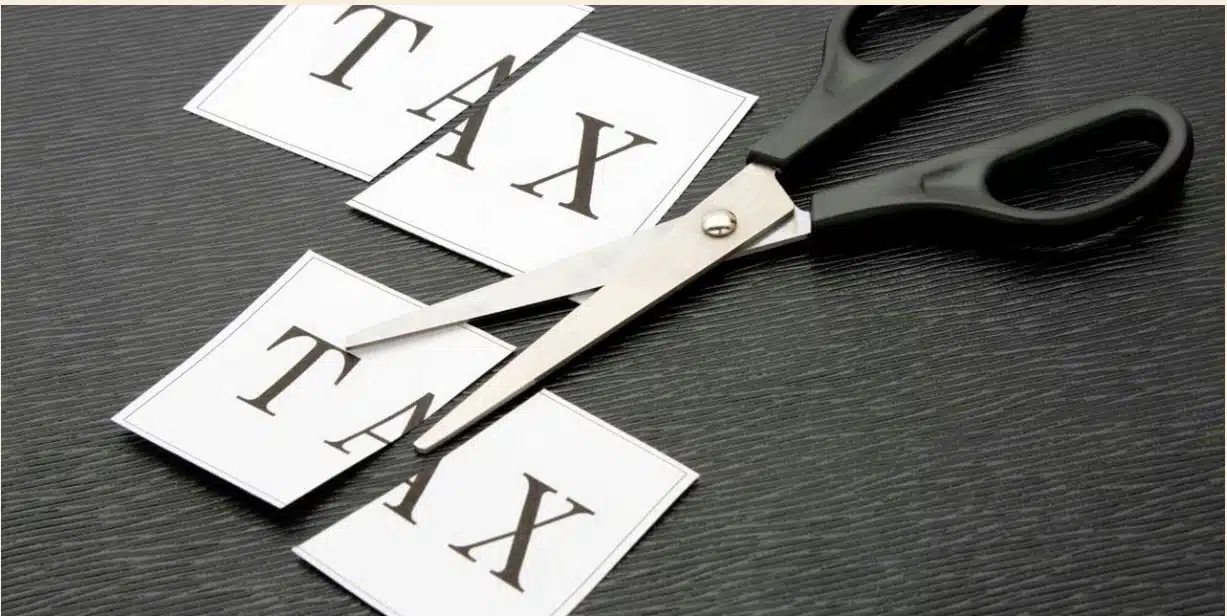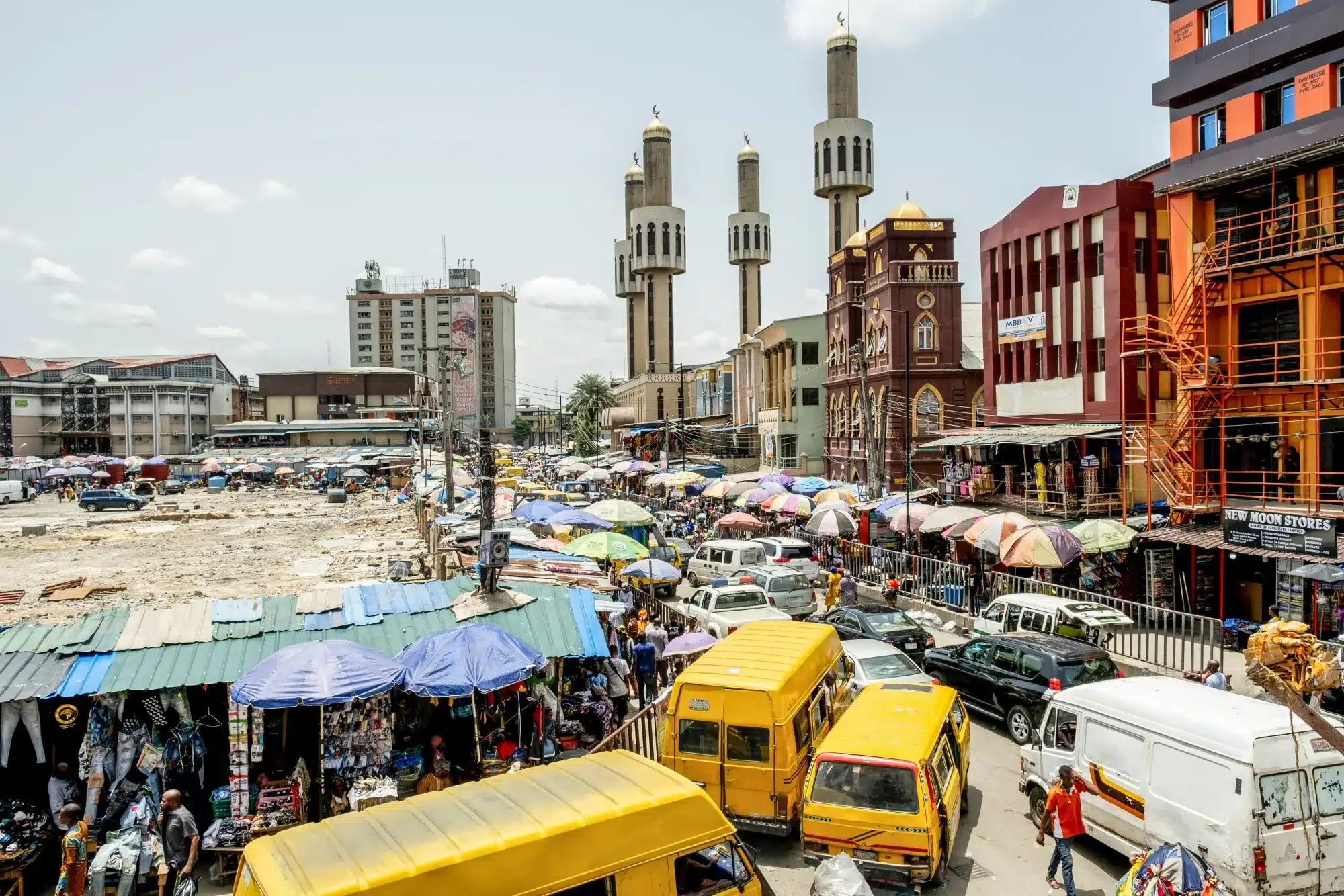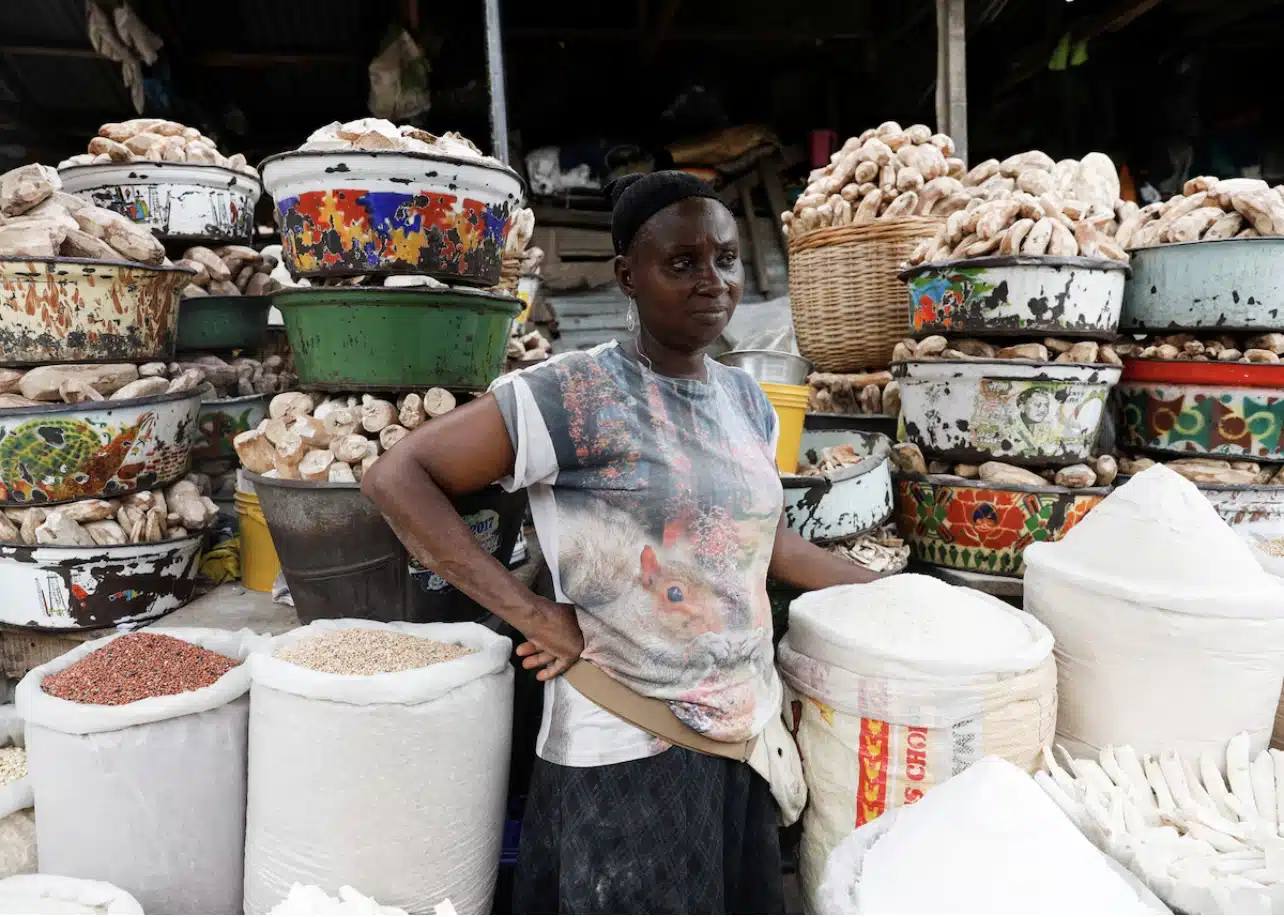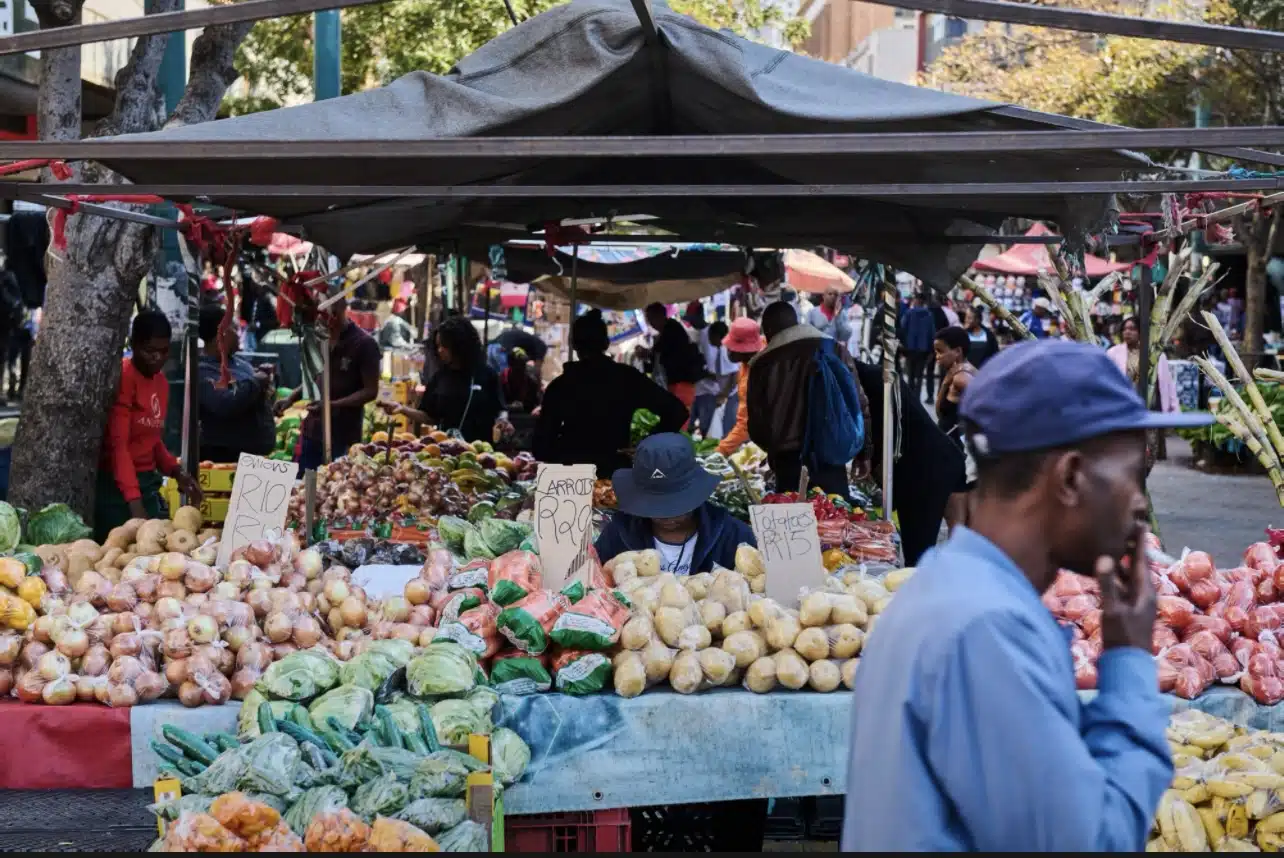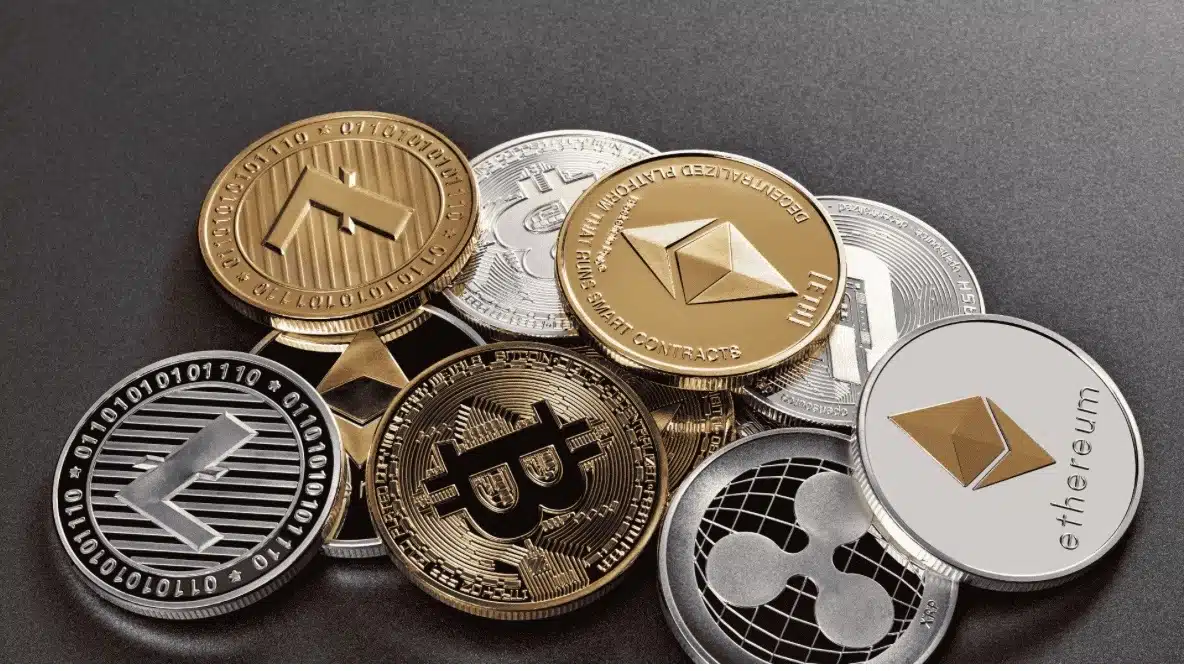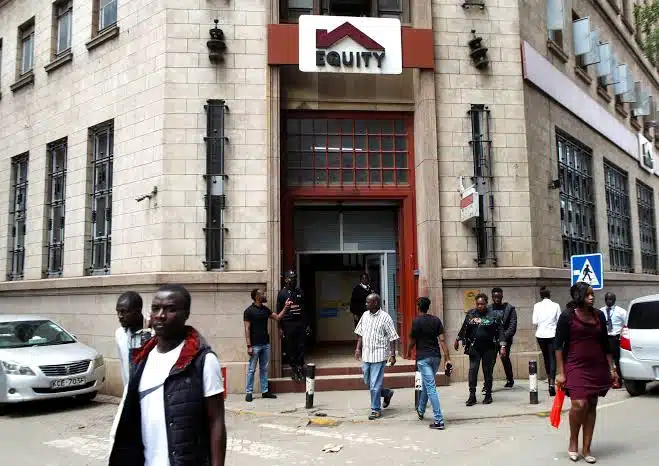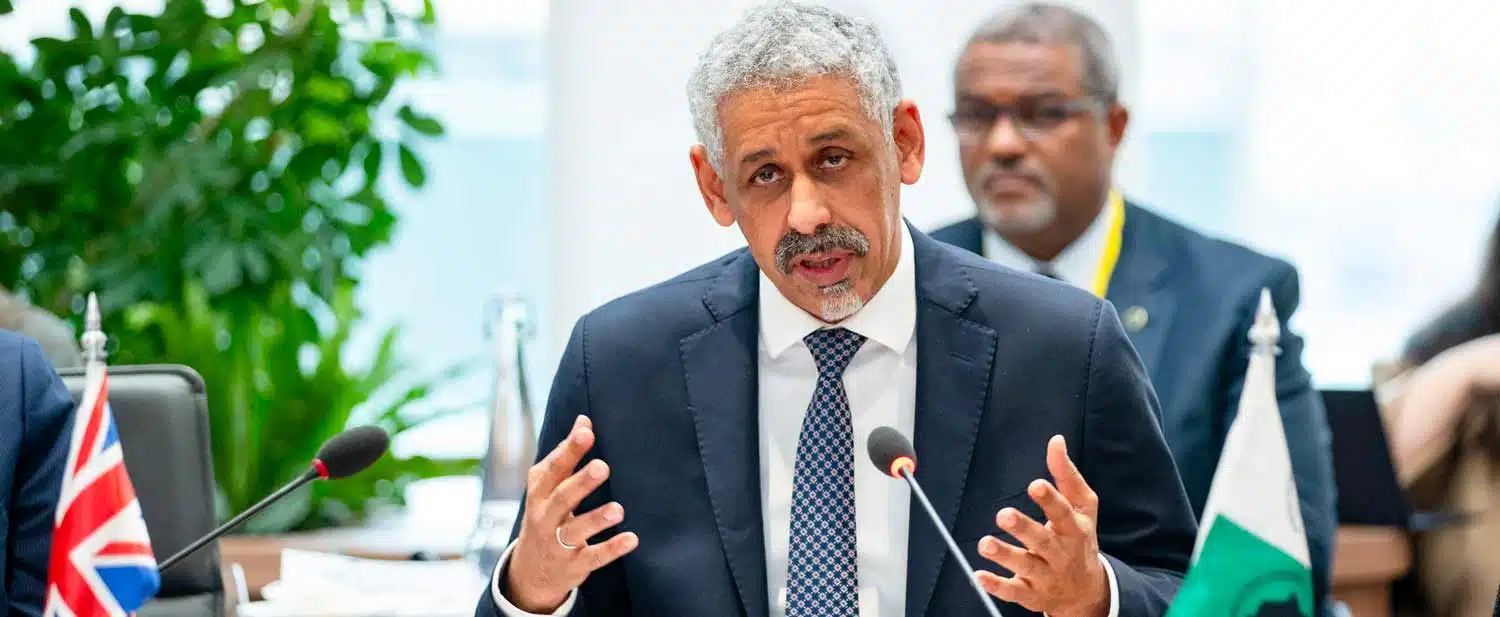As one of his first acts as governor, Ghana’s new central bank chief, Johnson Asiama at his first Monetary Policy Committee (MPC) meeting on Friday, raised the benchmark interest rate by 100 basis points to 28%.
The move aims to rein in inflation, which remains stubbornly high—well above the central bank’s target range of 6% to 10%.
The decision aligns with market expectations, with analysts like Dr. John Kwakye of the Institute of Economic Affairs (IEA) having predicted the increase.
Asiama had previously signalled a more proactive and data-driven approach to monetary policy, leveraging advanced analytics and artificial intelligence to tackle inflationary pressures.
“While inflation is easing, it remains uncomfortably high at over 23%, and the progress has been slow on a month-on-month basis,” Asiama had said ahead of the MPC meeting. “The structural drivers of food inflation remain persistent.”
Ghana’s inflation stood at 23.1% in February 2025, significantly above both historical targets and the government’s ambitious new goal.
Finance Minister Cassiel Forson has set an inflation target of 11.9% by year-end, suggesting further monetary tightening may be necessary.
The government missed its 2024 inflation target of 15%, with December inflation rising to 23.8%—a setback largely driven by rising food prices.
Despite recent moderation, inflation remains one of the biggest challenges facing policymakers.
Currency woes and fiscal challenges
Beyond inflation, Ghana is also battling currency depreciation, a long-standing concern for the economy.
While the $3 billion bailout from the International Monetary Fund (IMF) secured in 2023 helped stabilise the cedi, sustained pressure remains, particularly with Ghana’s significant debt obligations.
The country faces $9.7 billion in domestic debt servicing costs and an additional $8.7 billion in external debt over the next four years.
The government has outlined plans to cut primary government spending by over 10% to $13.2 billion while increasing revenue and grants by 20% to $14.4 billion.
Revenue strategies and economic recovery prospects
Among its revenue-boosting strategies, authorities plan to use technology to improve tax collection and have proposed raising mining companies’ gross output levy from 1% to 3%, ensuring that Ghana, Africa’s top gold producer, benefits from high global bullion prices.
Alongside its inflation target, the government forecasts economic expansion of 4.4% in 2025.
Ghana’s economy, once a top investment destination, has struggled in recent years. In 2022, the country defaulted on its debt, triggering a severe financial crisis that forced it to turn to the IMF for assistance.
Despite these challenges, there are signs of recovery.
Economic growth accelerated to 5.7% in 2024, up from 3.1% the previous year, buoyed by government spending and mining activity.
However, with inflation still high and debt pressures mounting, Asiama’s monetary tightening is just one piece of the puzzle.
As Ghana moves forward, balancing fiscal consolidation, economic growth, and inflation control will be critical.

